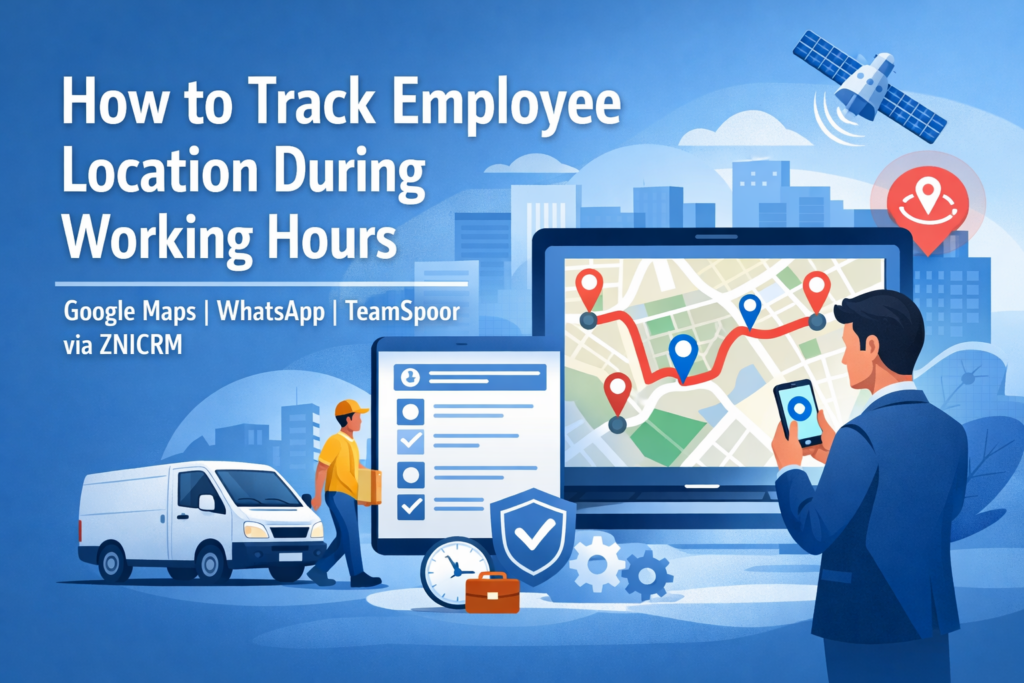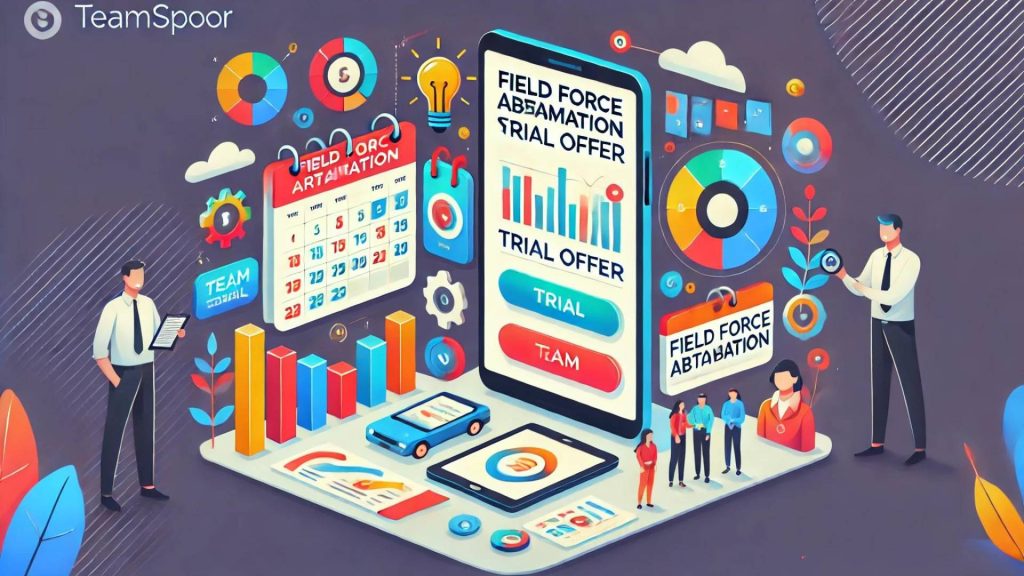
Field force automation (FFA) is a transformative technology that has revolutionized the way businesses manage and support their field operations. By integrating advanced software solutions, companies across various industries from healthcare to sales and logistics can dramatically increase their efficiency, reduce costs, and improve service delivery.
What is Field Force Automation?
Field force automation refers to the use of specialized software and technologies designed to automate and streamline the tasks performed by field workers. This technology equips businesses with the tools to manage their field operations remotely, ensuring that field representatives have more time to focus on delivering exceptional service rather than mundane administrative tasks.

Key Benefits of Field Force Automation
- Enhanced Productivity: Field force automation software automates routine tasks such as data entry, scheduling, and route planning, which significantly boosts the productivity of field teams.
- Improved Communication: It establishes a real-time communication channel between the field force and office, enhancing the flow of information and ensuring that field representatives are well-informed and connected.
- Dual Platform Compatibility: With software that works seamlessly on both web and mobile platforms, field teams can access necessary tools and information from anywhere, at any time.
- Reduction in Paperwork: Automating processes like lead entry and documentation helps minimize errors and reduces the reliance on physical paperwork, making operations more eco-friendly and efficient.
- Efficient Lead Assignment: The software can automatically assign leads to the most appropriate sales representatives based on predefined criteria such as location, availability, and skill set, which optimizes resource allocation.
- Non-intrusive Management: Managers can track and manage their field staff without the need to constantly call or interrupt, allowing for more autonomous operations.
- Team Synchronization: Real-time data sharing and updates ensure that everyone in the team is on the same page, reducing conflicts and misunderstandings.
- Accelerated Sales Closures: By streamlining data and task management, field force automation helps sales teams close deals faster, boosting the company’s bottom line.
Field force automation not only improves operational efficiencies but also enhances the overall customer experience by ensuring that services are delivered promptly and accurately.
Implementation Strategies for Field Force Automation

Implementing field force automation requires a strategic approach to ensure seamless integration and maximized benefits:
- Needs Assessment: Begin by identifying the specific needs of your field operations. This will help tailor the FFA solution to address specific challenges and goals.
- Choosing the Right Software: Select a software that offers the necessary features such as real-time tracking, automated scheduling, and robust communication tools, and is compatible with existing systems like CRM and ERP.
- Training and Support: Proper training for field representatives and management staff is crucial. Continuous support and updates from the software provider also play a significant role in successful implementation.
- Data Security: Implement robust security measures to protect sensitive data transmitted between field representatives and the central office.
Case Studies: Real-World Applications of Field Force Automation
- Healthcare: A home healthcare service provider implemented FFA to schedule visits and manage patient records remotely, resulting in a 30% increase in daily visits per nurse and improved patient satisfaction.
- Sales: A retail company used FFA to automate lead assignments and follow-ups. Sales representatives received real-time updates about potential customers, leading to a 25% increase in sales conversions.
- Logistics: A logistics firm utilized FFA for real-time delivery tracking and route optimization, reducing fuel costs by 20% and improving on-time delivery rates.
The Future of Field Force Automation

As technology evolves, the potential for field force automation expands. The integration of AI and machine learning can further enhance predictive analytics, automate more complex decision-making processes, and refine the responsiveness of field operations. The ongoing advancement in connectivity and mobile technology will also continue to enhance the capabilities and efficiency of field forces globally.
Emerging Trends and Future Directions in Field Force Automation
As we look towards the future, several emerging trends are set to shape the landscape of field force automation:
- Artificial Intelligence and Machine Learning: These technologies will increasingly automate complex decision-making tasks, enhance predictive analytics, and optimize scheduling and route planning with unprecedented accuracy.
- Internet of Things (IoT): The integration of IoT devices with FFA systems will provide deeper insights into the field operations through real-time data from connected devices.
- Augmented Reality (AR): AR can offer field technicians real-time information overlays and step-by-step task assistance, improving the accuracy and speed of on-site work.
- Enhanced Mobile Capabilities: As smartphones and tablets become more powerful, FFA software will leverage this to deliver more sophisticated features and applications directly into the hands of field workers.
- Focus on Customer Experience: There will be a greater emphasis on using FFA to enhance customer engagement and satisfaction, with tools designed to provide more personalized service.
These trends indicate that field force automation will not only become more integral to daily operations but will also offer innovative ways to meet the evolving demands of industries and consumers alike.
Conclusion
Field force automation is set to remain a pivotal technology in optimizing field operations across a broad spectrum of industries. With its ability to enhance productivity, improve communication, and streamline management processes, FFA is a key driver in the modern digital landscape. As businesses continue to adopt and adapt to these technologies, the future looks promising for both the efficiency of operations and the quality of customer interactions.
By keeping up with the advances in technology and implementing strategic changes, companies can ensure that they stay ahead in the competitive market, delivering exceptional service while maintaining operational efficiency.
Learn how ZNICRM can help you with your field force automation & management.



